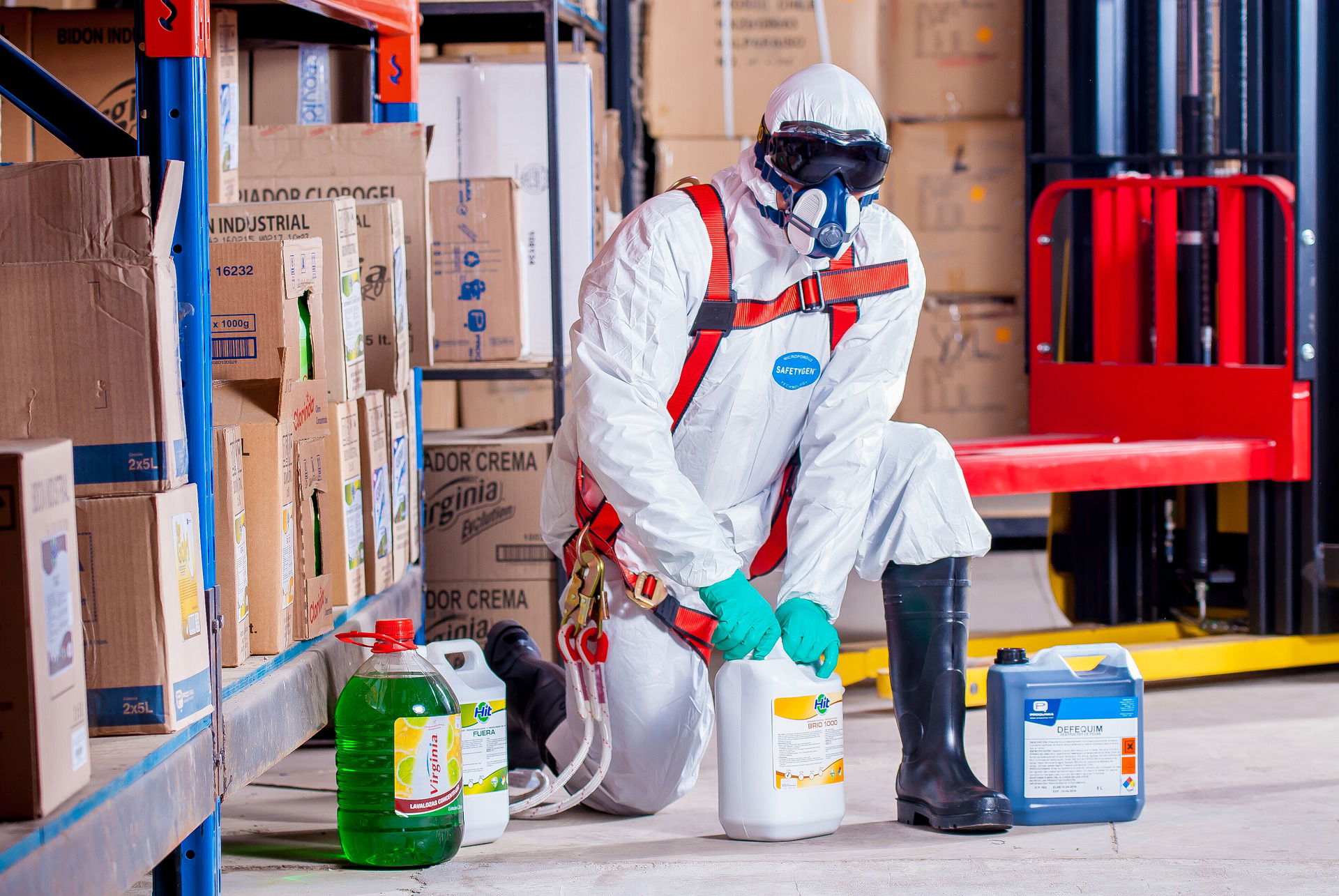What is included in the category of Hazardous Substances?

In Israel today there are quite a few production factories that work with hazardous substances. These are substances that can be harmful to the environment and to all living things that come in contact with them, and so, any plant of this type is required to hold a proper business license.
A business defined as a "hazardous production facility" may, according to the law, sell, manufacture, process and even store hazardous substances. In fact, according to the law, any business or production plant that comes in contact with hazardous substances, is required to hold a proper permit, which is determined by the nature and amount of the toxins, in order to ensure the health of the workers.
We, at Safety On, specialize in workplace safety. We offer assistance and consultancy to any business that works with hazardous substances. We provide professional Facility Files and employee training
What are Hazardous Substances and Their Legal Definition?
According to the law in Israel, a hazardous substance is a substance in any state of matter, which is specified by the law as possibly being harmful to the environment, property, flora and fauna. In most cases, these are dangerous substances that can affect the health of anyone who comes in contact with them, whether through a radioactive effect or by increasing the risk of cancer, poisoning or flammability. Israel enacted the Hazardous Substances Law, which is under the responsibility of the Ministry of Environmental Protection.
This law defines the use, sale or storage of hazardous substances, whether in small concentrations or in minimal quantities. The law exempts some of the substances, so it is important to know the law in its entirety, in order to understand whether a particular business is included in the definition of the law or is exempt from this classification.
Hazardous Substances Law - What is Included in This Definition?
Hazardous substances include "harmful chemicals" and "toxic substances". A harmful chemical is any substance listed in the first schedule to the law, whether in its simple form, or mixed, or merged into other substances. Toxic substance is any of the substances listed in the second schedule to the law, whether in its simple form, or mixed, or merged into other substances. The classification into hazardous substances is based on 9 different classification groups, depending on the properties of the substance.
For example, risk group 8 includes all the corroding substances. Each group can divide into different subgroups, such as in group 2. This group includes all the gaseous substances, and this divides into 3 subgroups: flammable gases, toxic gases and non-flammable compressed gases. It is noteworthy that each hazardous substance contains a UN number, which is in fact a 4-digit international number.
This number constitutes the identity card of the substance or substances with similar properties, in order to enable the rescue forces to act and respond in the best way, when needed.
We, at Safety On, specialize in employee safety training and safety consultancy to diverse businesses. In the case of a hazardous production facility, working with hazardous substances, compliance with the Ministry of Environmental Protection's safety regulations and laws, is of the utmost importance.
We offer safety hazardous substances training to employees, so that they work safely, and also minimize the risk of occupational diseases or workplace accidents. We will also be happy to prepare a detailed and professional facility file for you, in order to help you safeguard the employees and the environment. For more information, please contact us.